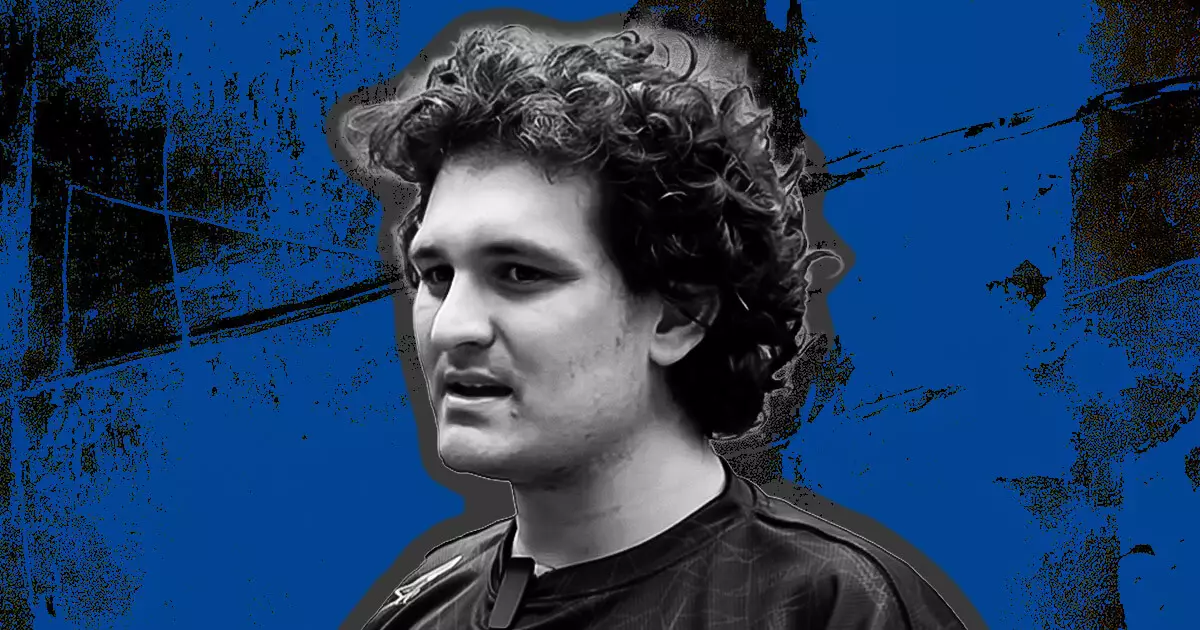U.S. prosecutors have recently disclosed a massive amount of discovery documents in the case of former FTX CEO, Sam Bankman-Fried. However, his lawyers have raised concerns regarding the government’s intention to provide access to these materials while Bankman-Fried is detained at the Metropolitan Detention Center in Brooklyn (MDC).
One of the primary issues highlighted by the defense is the sheer volume of information that has been produced. In a court filing, Bankman-Fried’s lawyers objected to the government’s delivery of an additional 4 million pages of discovery, emphasizing that such a substantial amount of information cannot simply be dumped on the defense less than six weeks before the trial.
The defense further revealed that this additional delivery of discovery documents constitutes only a fraction of the total amount of data involved in the case. It has been estimated that the discovery information amounts to terabytes worth of data, with millions of pages still expected to be provided. The overwhelming volume of evidence raises serious concerns about the defense’s ability to effectively review and analyze the materials within the given timeframe.
Bankman-Fried’s legal team has also voiced their discontent regarding the government’s lack of a plan to deliver the discovery documents to their client at MDC. Despite the rapidly approaching trial date, the government has not made provisions to allow Bankman-Fried access to the necessary documents.
In response to this, the defense has urged the court to provide Bankman-Fried with internet access to overcome the limitations posed by the current arrangements. The lawyers argued that the current plans, which only allow for Bankman-Fried to meet with his lawyers twice a week, are insufficient for the extensive data review required for his defense. They emphasized that their client’s knowledge of the companies involved and his ability to locate relevant documents quickly and efficiently are invaluable to their defense strategy.
Furthermore, the defense pointed out that the laptop provided to Bankman-Fried has limited internet access, preventing him from collaborating with his legal team or accessing his previous work effectively. This limitation significantly hinders their ability to prepare a robust defense on his behalf.
Considering the challenging circumstances surrounding the discovery process, Bankman-Fried’s lawyers have repeatedly pressed for their client’s temporary release. They believe that his temporary release would enable him to work closely with the defense team and access the internet five days a week in a dedicated courthouse working space.
Bankman-Fried’s previous dedication to reviewing discovery evidence is evident in his prior compilation of specific data into a spreadsheet comprising millions of cells. His commitment is reflected in the considerable amount of time he devoted to this task, spending between 80 and 100 hours per week on discovery review before his detention.
Given the overwhelming volume of discovery documents, the government’s failure to facilitate access, and Bankman-Fried’s invaluable contribution to the case, his temporary release appears to be a crucial step towards ensuring a fair and effective defense. As the trial date draws closer, it is essential that the court consider the challenges faced by the defense and take appropriate measures to address them.

